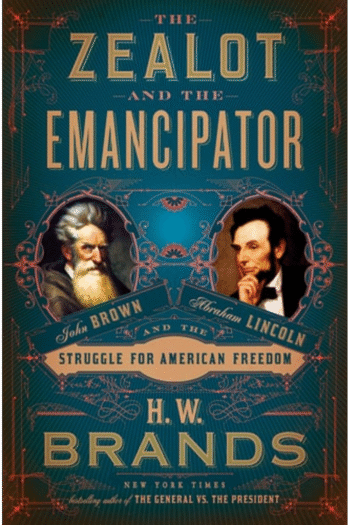**Uncover the Crucible of Western Civilization: Tom Holland’s *Persian Fire*** Journey back to 480 BC and witness the clash that defined the West in Tom Holland’s acclaimed *Persian Fire*. More than just a military history, this gripping narrative explores the ideological fault lines that separated the burgeoning Greek city-states from the vast, autocratic Persian Empire. Xerxes, the ‘King of Kings’, amassed an unprecedented army to crush the rebellious Greeks. Holland vividly depicts the scale of the Persian war machine and the seemingly insurmountable odds facing the defenders of freedom. He paints a portrait of Xerxes as a ruler driven by a messianic vision, contrasting sharply with the independent spirit and innovative strategies of the Greek leaders. *Persian Fire* dissects the legendary battlesThermopylae’s heroic last stand, Salamis’s cunning naval victory, and Plataea’s decisive land engagementrevealing not only the military tactics employed but also the psychological and cultural factors that shaped the outcomes. Holland highlights the role of Athenian democracy, with its emphasis on individual liberty and civic participation, as a key ingredient in the Greek resistance. Beyond the battlefield, Holland delves into the philosophical and artistic achievements of the Greeks, demonstrating how their victory preserved a unique cultural heritage that would later influence the course of Western civilization. He poses the thought-provoking question: What if Persia had won? This Abacus edition offers a compelling and accessible introduction to a pivotal moment in world history, perfect for anyone seeking to understand the origins of Western values and the enduring legacy of the Greco-Persian Wars. A must-read for history buffs and those interested in the clash of civilizations.
Persian Fire: The First World Empire, Battle for the West
22,79 $
In stock
In 480 BC, Xerxes, the King of Persia, led an invasion of mainland Greece. Its success should have been a formality. For seventy years, victory – rapid, spectacular victory – had seemed the birthright of the Persian Empire. In the space of a single generation, they had swept across the Near East, shattering ancient kingdoms, storming famous cities, putting together an empire which stretched from India to the shores of the Aegean. As a result of those conquests, Xerxes ruled as the most powerful man on the planet. Yet somehow, astonishingly, against the largest expeditionary force ever assembled, the Greeks of the mainland managed to hold out. The Persians were turned back. Greece remained free. Had the Greeks been defeated at Salamis, not only would the West have lost its first struggle for independence and survival, but it is unlikely that there would ever have been such and entity as the West at all.
Tom Holland’s brilliant new book describes the very first ‘clash of Empires’ between East and West. Once again he has found extraordinary parallels between the ancient world and our own. There is no competing popular book describing these events.
Related products
-
Castle and Knight (Eye Wonder)
15,16 $
- Additional information
- Currencies
- USD – United States dollar
- EUR – Euro
- GBP – Pound sterling
- CNY – Chinese yuan
- BRL – Brazilian real
- MXN – Mexican peso
- JPY – Japanese yen
- PHP – Philippine peso
- THB – Thai baht
- PLN – Polish złoty
- CAD – Canadian dollar
- MYR – Malaysian ringgit
- AUD – Australian dollar
- TWD – New Taiwan dollar
- CZK – Czech koruna
- SEK – Swedish krona
- HUF – Hungarian forint
- ILS – Israeli new shekel
- CHF – Swiss franc
- HKD – Hong Kong dollar
- DKK – Danish krone
- SGD – Singapore dollar
- NOK – Norwegian krone
- NZD – New Zealand dollar





